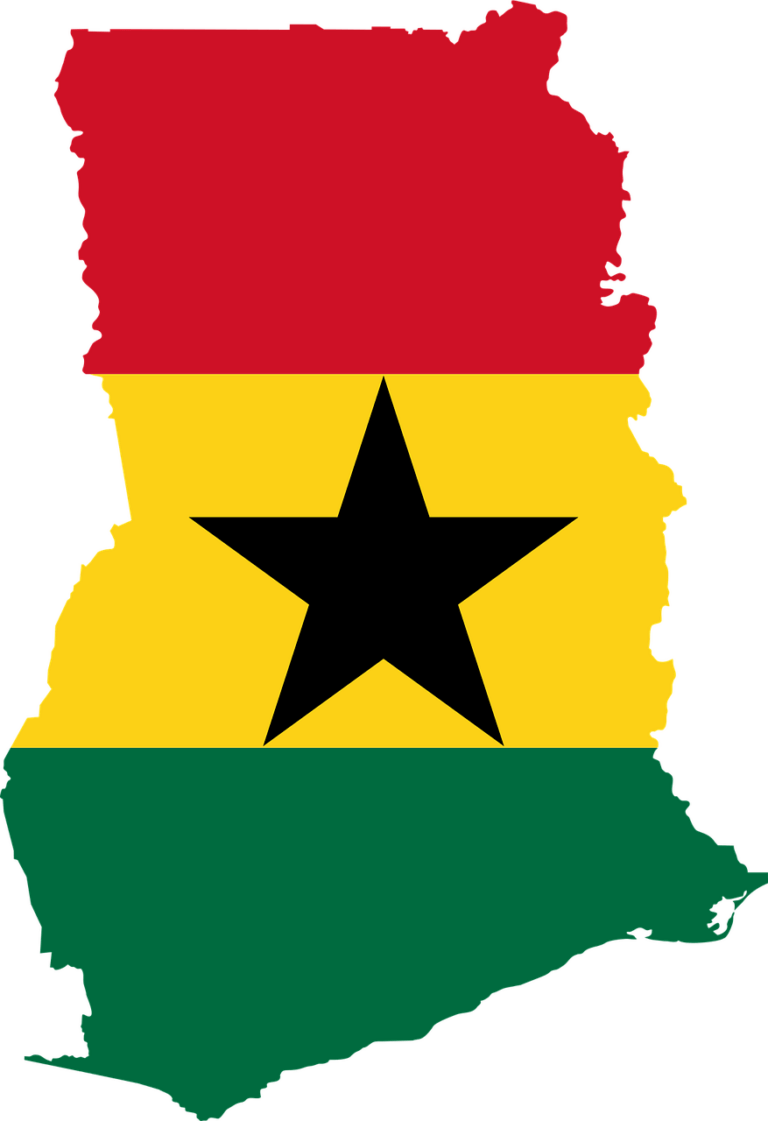Gabon: The Presidential New Year speech from France’s backyard

It is a tradition for leaders all over the world to address citizens of their countries on New Year’s Eve, 31 December, some few hours before midnight. A review of some of those addresses revealed, to some degree, a routine continuation of promises that are not kept in most cases. Some of those speeches betrayed a cult of personality. No poignant life-changing messages were conveyed, probably because certain Western institutions have to be satisfied with what is said to the African masses.
Speech of personal concern in Gabon
A survey of most of these addresses revealed that some leaders put across messages that make one wonder if the interest of the African populations is the key concern of those presidents. The address of President Ali Bongo of Gabon took me aback; I saw it as a classic example of speeches that do not have much solid and valuable content. Gabon has 270,000 square kilometers (100,000 sq. mi) and its population is estimated at 2.1 million people. In his address to the nation, President Ali Bongo thanked his wife, family and the whole nation for their support when he was ill and emphasized that their support helped him to recover. It is well known that he suffered a stroke in 2018 and was flown to Saudi Arabia and then Morocco for treatment. Whenever Ali Bongo was shown on screen, all the characteristics of a patient could be seen. This is normal, anyone can develop health complications at any time and when a president is affected, the whole country is then concerned.
In the case of Gabon, three things stood out to me, and they were all related to the ties between France and her former colony. Indeed, France has a strong grip over that country. A French military base has always been there, the oil on the country is controlled by the authorities in Paris, and a dynasty is supported and kept in power. Omar Bongo, Ali Bongo’s father, ruled the country for almost half a century, 42 years after the demise of Léon M’ba in 1967. Omar Bongo maintained the only political party of the country, the Democratic Party of Gabon (PDG), and when he passed in 2009 his son took over and was “re-elected” in 2016.
Stifled opposition
The 2016 Presidential Elections were turbulent because the opposition leader, diplomat and politician Jean Ping cried “foul play” and pinpointed irregularities and violence during the elections. Many people were following closely how that scenario would end. But, surprisingly enough, the international community, the African Union, the International Organization of la Francophonie (OIF) and the International Criminal Court (ICC) are institutions that Jean Ping was looking up to, for the re-election of Ali Bongo to be known as fraudulent and then be nullified, since he was convinced that he won the elections. Those efforts were not fruitful, and Bongo was sworn in as president. It does not take much to guess what had happened. Jean Ping was not in France’s good books, since he had several times voiced his opposition to the “neo-colonial” policy of France. Then some few months down the line, the newly-elected president suffered a stroke, went through treatment outside the country. One can understand why he referred to his ill health which he said is now “a thing of the past”. I, however, have a few questions. How was Gabon ruled during the time that President Ali Bongo was being treated outside of the country? What is his vision for his country’s prosperity for 2022? When a New Year message is based on a president’s gratitude to the nation for their support during an illness, that can be understood. But the core of that message was those words of gratitude. The oil-rich country will, therefore, remain one of the favourite backyards of France.
Immigration into Gabon is difficult because they believe that foreigners might take the jobs that should go to the nationals, and the cost of living is astronomically high. The position of the country in Africa and in the world, in general, has always been the same: a faithful puppet of France.
President Bongo’s speech was described as “a brief one” and the only instances in which he mentioned other topics were those referring to the suppression in April and May 2021 of the measures put in place to counter COVID-19, and when he praised his country for being selected to host the African Cup of Nation (soccer) starting 9 January 2022. The last point is not surprising, since international sport competitions have always been used as a tool to divert people’s attention form national crises. He stated that Gabon was going to join the Commonwealth in 2022. This is a bold and laudable move, but I wonder if it will bring any change to the socio-political and economic reality of Gabon. This decision might be a subterfuge to give the international opinion a general impression that Gabon is making decisions on her own as a sovereign country and that it is not being manipulated by the Elysée in any way. France will certainly not let go of her hold on her backyard. How long can that continue and what does the future have in store for the country? This is food for thought.
Moussa Traoré is Associate Professor at the Department of English of the University of Cape Coast, Ghana.






